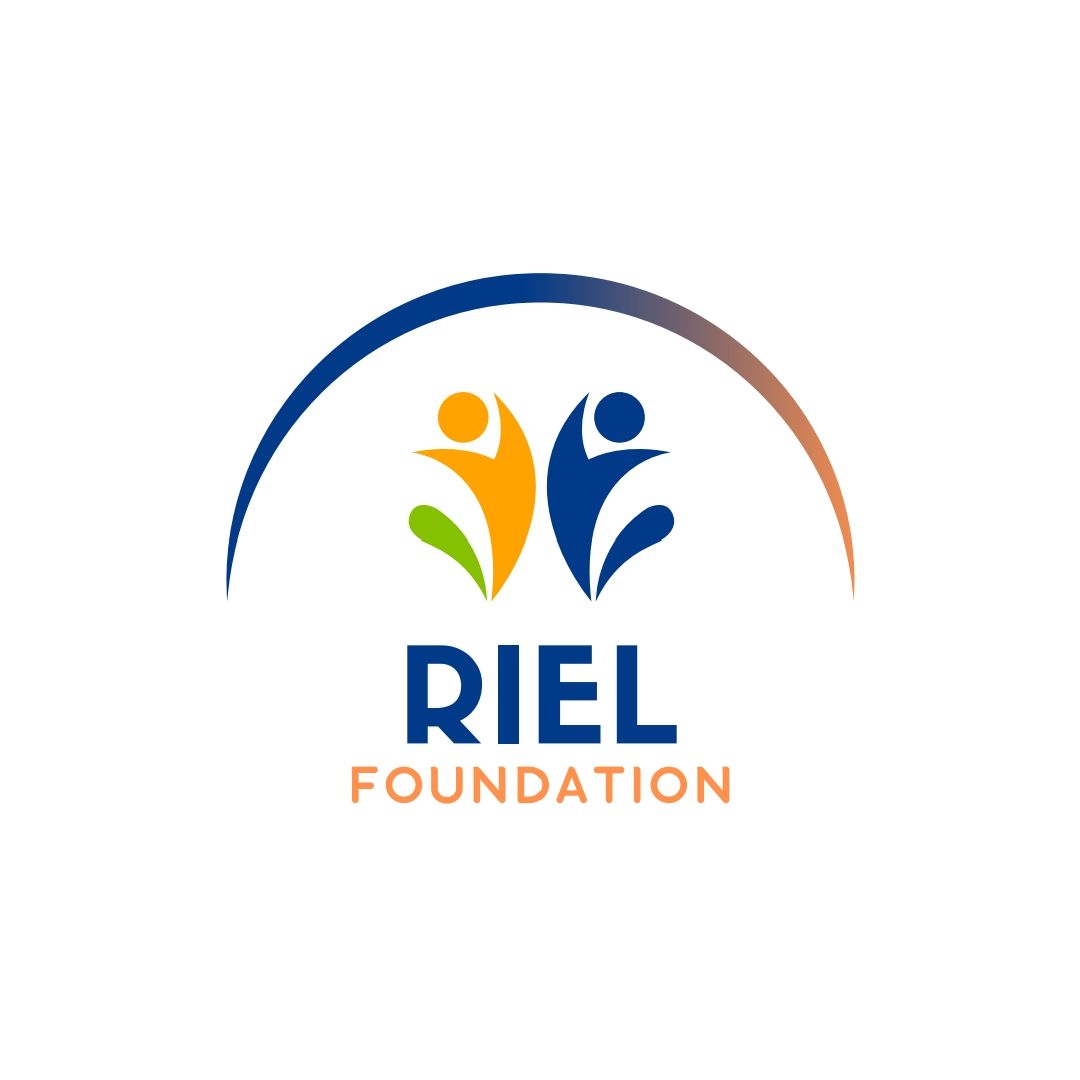Seasonal Health Challenges in Rivers State: How Foundations Are Addressing Them
Understanding Seasonal Health Challenges in Rivers State
Rivers State, located in the southern part of Nigeria, is known for its vibrant culture and bustling cities. However, it also faces significant health challenges that vary with the seasons. The tropical climate, combined with periods of heavy rainfall, creates an environment where certain diseases can thrive. Among the most common seasonal health issues are malaria, cholera, and respiratory infections.
Malaria remains a persistent threat in Rivers State due to the high prevalence of mosquitoes, especially during the rainy season. Similarly, cholera outbreaks often occur when the rainy season leads to flooding and poor sanitary conditions. Respiratory infections tend to spike during the harmattan period, characterized by dry and dusty winds.

The Role of Foundations in Mitigating Health Challenges
Foundations and non-governmental organizations play a crucial role in addressing these seasonal health challenges. By implementing targeted health campaigns and providing essential resources, they help reduce the incidence of these diseases. Many foundations focus on education and prevention, raising awareness about how individuals can protect themselves and their families.
For example, during the rainy season, some organizations distribute mosquito nets and insect repellents to prevent malaria. They also conduct workshops to educate communities about the importance of cleanliness and safe drinking water to prevent cholera.

Collaborative Efforts and Community Involvement
Collaboration between foundations, local government, and communities is key to effectively addressing seasonal health challenges. Foundations often partner with local health authorities to distribute medical supplies and provide vaccinations. Additionally, community involvement is encouraged through volunteer programs and local health initiatives.
These joint efforts not only enhance the reach of health campaigns but also empower locals by involving them in the process. Community leaders are trained to identify early signs of outbreaks and coordinate with health officials to ensure timely interventions.
Innovative Solutions for Sustainable Impact
To ensure long-term success, foundations are increasingly adopting innovative approaches. Some have introduced mobile health clinics that travel to remote areas, offering free medical check-ups and treatments. Others leverage technology by using mobile apps to disseminate health information and monitor disease trends in real-time.
Moreover, foundations are investing in research to develop more effective strategies for disease prevention and control. By staying at the forefront of innovation, they aim to create lasting improvements in public health across Rivers State.

Challenges and Future Directions
Despite these efforts, challenges remain in combating seasonal health issues in Rivers State. Limited funding and resources can hinder the reach of even the most well-intentioned programs. There is also a need for continuous education to change deeply ingrained habits that contribute to disease spread.
Looking forward, it is essential for foundations to maintain their commitment to these communities by building stronger partnerships and advocating for increased government support. By doing so, they can create a resilient healthcare system capable of adapting to seasonal changes and emerging threats.

Conclusion
The seasonal health challenges faced by Rivers State are complex but not insurmountable. Through the dedicated efforts of foundations and their partners, significant progress is being made in reducing the impact of these diseases. By fostering a culture of prevention, education, and innovation, there is hope for a healthier future for all residents of Rivers State.
